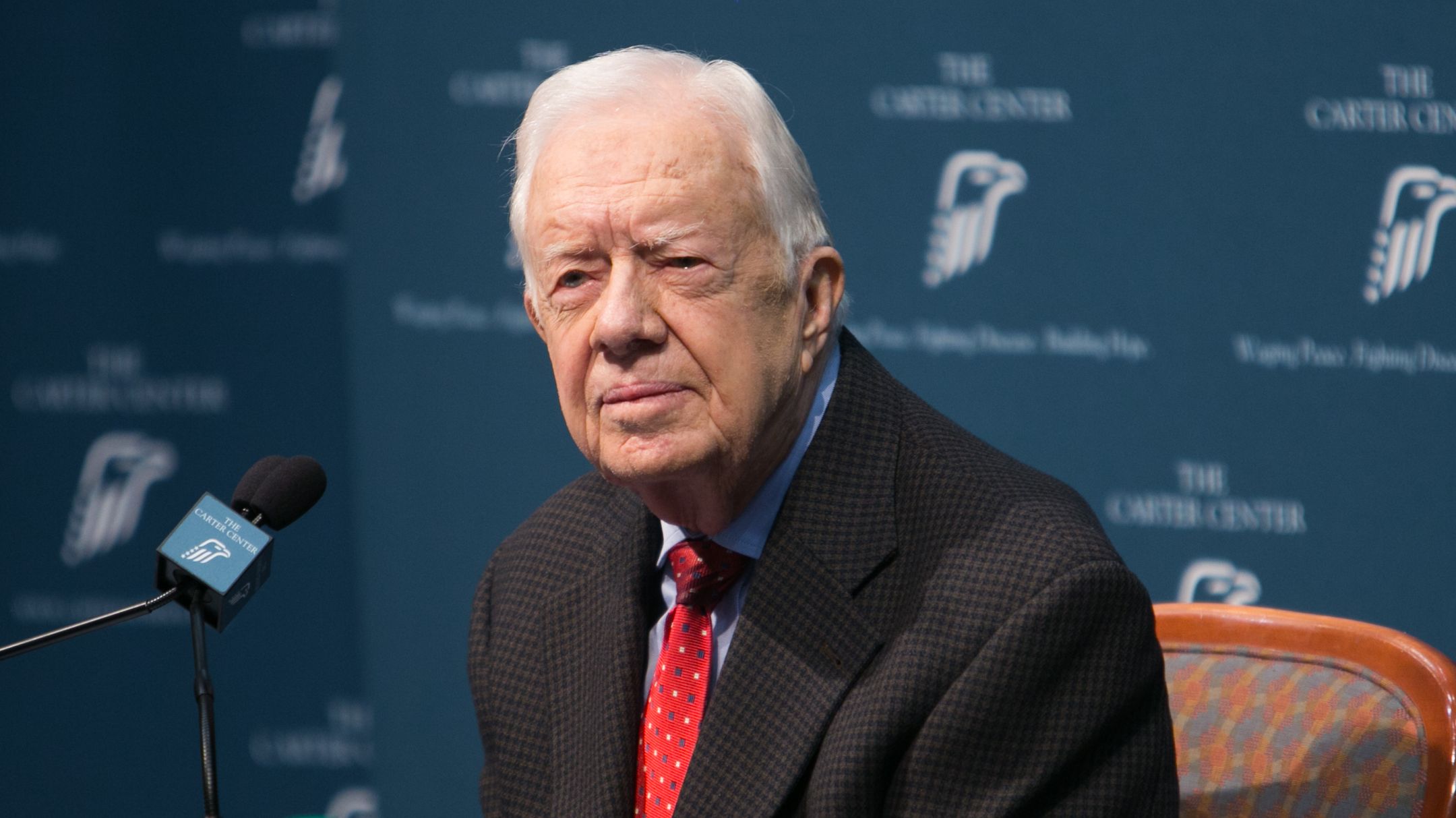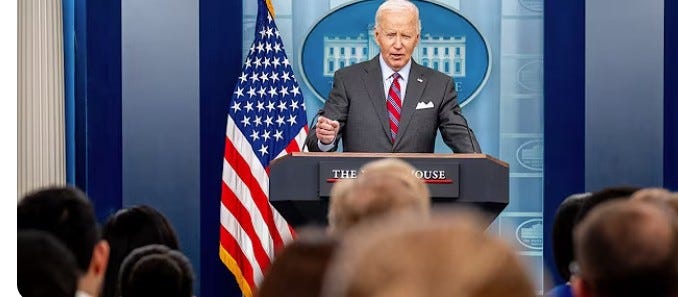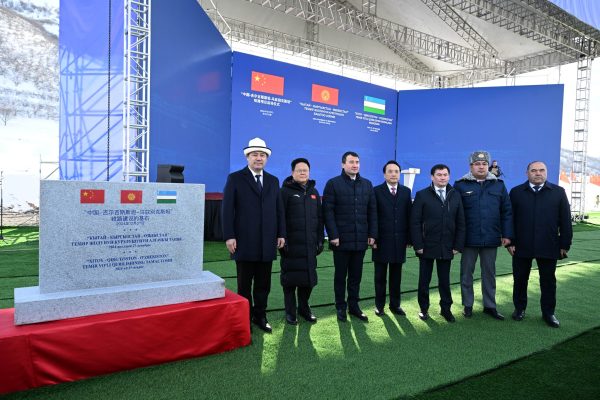This story will be updated.
Jewish groups are mourning Jimmy Carter, the former president and broker of Israel’s peace deal with Egypt who died Sunday at 100.
In statements issued following his death, many of the groups are citing the peace deal and other landmark moments in Carter’s presidency, which stretched from 1977 to 1981, as examples of Carter’s legacy. Several of them are also acknowledging that in his post-presidency, the longest in American history, Carter aggrieved some American Jews by aggressively criticizing Israel’s occupation of Palestinian territories.
“While AJC had some profound disagreements with President Carter about the Middle East, especially in the decades after he left the White House, his key role in creating the historic 1979 Egypt-Israel peace treaty will always be remembered with appreciation,” the American Jewish Committee said.
Some Democratic groups also noted the frayed relations while emphasizing Carter’s record of public service.
“While we had some profound differences of opinion on important issues, President Carter’s devotion to service and charitable work should be an inspiration to all of us,” Democratic Majority for Israel said in a statement. “Whether it was raising money for good causes or building homes for the homeless well into his 90s, President Carter set an example of tikkun olam, repairing the world, few will ever rival.”
The Jewish Democratic Council of America, meanwhile, did not criticize Carter in its statement, instead focusing primarily on the Camp David Accords.
“For this historic diplomatic achievement of the first peace agreement between Israel and its neighbors, we and all Americans who value Israel’s safety and security are grateful,” the group said. “We will remember President Carter as an honest, principled leader who loved America.”
Israeli President Isaac Herzog, calling Carter a “brave leader”, also confined his remarks to the peace agreement Carter brokered, saying that is his rightful legacy.
“In recent years I had the pleasure of calling him and thanking him for his historic efforts to bring together two great leaders, Begin and Sadat, and forging a peace between Israel and Egypt that remains an anchor of stability throughout the Middle East and North Africa many decades later,” Herzog said. “His legacy will be defined by his deep commitment to forging peace between nations.”
J Street, the liberal Jewish Middle East policy group, said Carter’s commitment to two states should be emulated by the American Jewish community.
“President Carter never gave up the hope that the Israeli-Palestinian conflict can and must be brought to a just and peaceful end,” its president, Jeremy Ben-Ami, said in a statement. “We can’t give up hope either. Today, we grieve the loss of a giant. Tomorrow, we continue our work atop the foundation he built.”
The Chabad-Lubavitch movement published an obituary focusing on the fact that Carter was the first president to publicly light a Hanukkah menorah in 1979, five years into the movement’s push for public displays. But it also noted a “conflicting legacy” and criticized the concessions that Israel made in the Camp David Accords under pressure from Carter.
“His position towards Israel during his presidency severely hampered its ability to defend itself, and his post-presidential Middle East activism led many to question Carter’s affinity for the Jewish people in the first place,” the obituary said. “Nevertheless, as the Rebbe highlighted in particular in the aftermath of, and in reference to, Carter’s 1980 loss, ‘Torah bids us to be grateful [and] to acknowledge those good things which were done.’”
Accompanied by Rabbi Abraham Shemtov, President Carter lights a menorah in Lafayette Square across from the White House, Dec. 17, 1979. (Capital Jewish Museum Collection. Gift of the Washington Jewish Week.)
The Capital Jewish Museum has on display the box of matches Carter used to light the menorah. Carter discovered that conventional matches could not reach the candles placed in a plexiglass box to protect them from the elements. A Secret Service agent made for a shop a block away, a Scandinavian design store called the Midnight Sun, to ask if they had the longer fireplace-style matches required.
The agent did not have to go into an elaborate explanation: The Jewish owner, Allye Kranish, immediately understood the dilemma and had the required matches on hand, her son, Michael, recalled in the Washington Post in 2020. “Best Wishes. (Thanks!) To the Kranish’s. Jimmy Carter 12/79,” Carter signed the box, which the family donated to the museum, which opened last year.
Keep Jewish Stories in Focus.
JTA has documented Jewish history in real-time for over a century. Keep our journalism strong by joining us in supporting independent, award-winning reporting.











